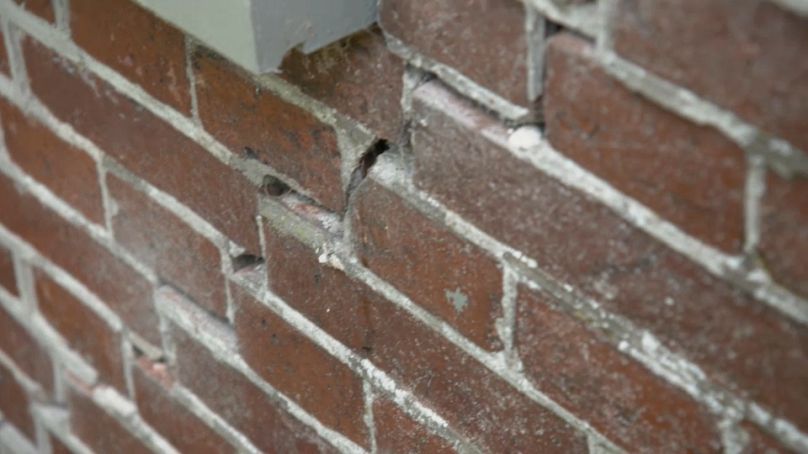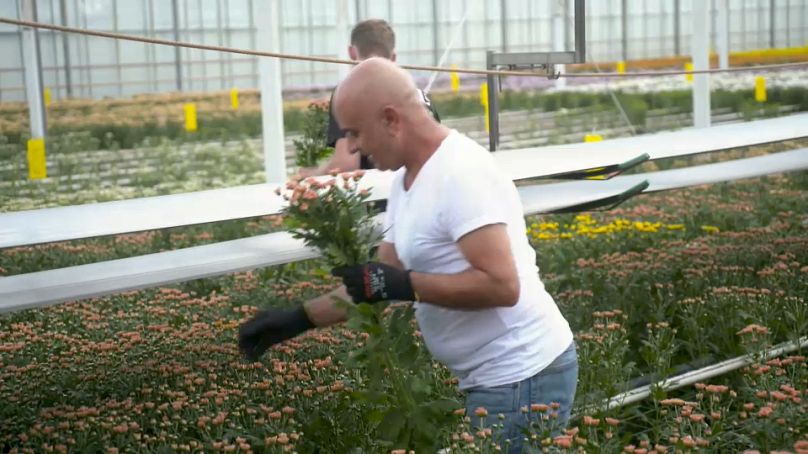Could Gronnigen's multi-billion hidden treasure be the answer to Europe's looming energy crisis? Extraction on gas fields has been put on hold by the government due to 2100 recorded earthquakes which have severely damaged houses.
Despite skyrocketing energy prices and a shortage of natural gas supply in the European Union, the Dutch government has taken the decision to proceed with the closure of natural gas wells in the Groningen region. The field is one of the biggest in the world, worth up to 1000 billion Euros. But for now, it's a treasure that will remain untapped for the forseeable future.
 ADVERTISEMENT
ADVERTISEMENT
 ADVERTISEMENT
ADVERTISEMENT
The reason the decision was taken was because of seismic shocks triggered by the gas extraction in the area. Some 1200 earthquakes have been recorded so far, with around 27,000 homes being severely damaged and deemed unsafe to live in. That's according Jan Wigboldus, president of the Groningen Gas Council, an umbrella group representing civil society organisations in the impacted region.
But a growing number of experts are urging the government to overhaul its decision – and to extend gas extraction for at least a few more years. This, they argue, could help to secure a future supply of gas and help to bring down energy prices.
Machiel Mulder, is the Professor of Regulation of Energy Markets at the University of Groningen.
“The field could be re-opened in case of an emergency situation. So when people living in Germany, Estonia or other countries are really experiencing a shortage of gas, this is an emergency situation. And then the decision will be reconsidered whether to re-open the gasfield from Groningen to produce more.”
An alternative to gas-extraction at home is the importation of gas from abroad. The Netherlands has now put into operation a supplementary LNG terminal. Other countries – such as Germany and France, are also setting up new infrastructure to import liquified natural gas.
Some 81.000 jobs are linked to the Dutch greenhouse industry, and half of the companies face financial problems due to the rising gas prices.
Extending the Groningen gas field extraction could ease their situation, but the industry is also taking measures to adapt to the new reality, as Greenhouse Manager, Juliska van der Breggen explains.
"We had to close one location and 30 percent of our employees we had to say good-bye. The problem is the high energy prices, and we have to reduce the use of our using of energy. It is possible to reduce for 30 percent. Our whole branch we can reduce 900 million cubic metres of gas."
To put this into perspective, 900 million cubic metres of gas is equivalent to powering three Dutch cities.
But will actions like this one be enough? The Netherlands have relaunched their coal power stations and that’s bad news for the climate. Using gas from Groningen would be less harmful to the environment, but for now, at least, it doesn't seem likely that the government will change its decision.












